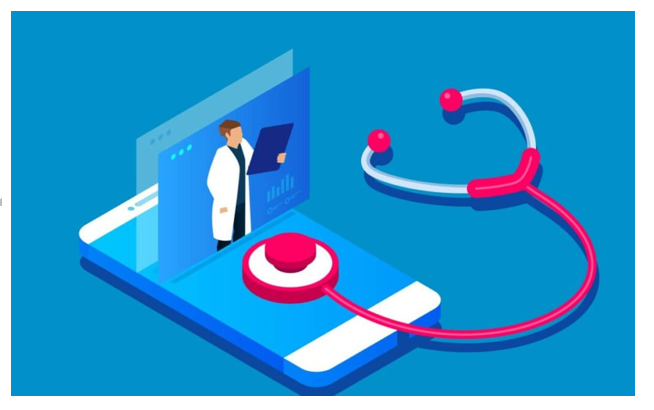
Is your company involved in the medical field? If this is the case, it should come as no surprise that a growing number of your competitors use flexible applications. Clinical benefit access, bill payment, coordination, clinical information smoothing, and remote checking are all covered by these applications.
Furthermore, when the epidemic spreads across the entire population, the demand for mobile applications in the medical care industry will only grow. That is to say, if you haven’t used a mobile program before, now is the time to become used to this new world requirement.
However, making such a change might be overwhelming. You’re not just changing the way you work, but you’re also changing how your company functions. However, switching from a traditional model to an adaptable one isn’t nearly as difficult as you may think, especially if you have the ability.
One of the first things you should think about is the programming language (or dialects) you’ll need to create the app. When you make it a high priority, you can ensure that you have designers on hand who are familiar with your decision-making language. Which dialects, on the other hand, are suitable for medical applications? App Developer Dubai will help you in developing healthcare apps.
Kotlin
Because it is the new programming language for Android, Kotlin is at the top of the list. Why is Android ranked top on this list rather than iOS? With such a broad reach into the world’s population, you can’t afford to ignore Android devices. Moreover, even though Java (the previous default language for Android applications) is a far more widely used language, Google expects Kotlin to soon replace Java.
Java
We’re sticking with Android (again, because it’s a slice of the pie), and despite Google’s plans to abandon Java, it’s still a fantastic option (and it’s not going anywhere). Java is now widely used in the medical care business (for diagnostic and interventional frameworks, record-keeping, cloud and server applications, and web apps), so it’s a no-brainer to use it for your adaptable application. Keep in mind that because Android was created in Java, any applications you write in this language will benefit from local execution and consistent quality. In any event, keep in mind that you might need to switch from Java to Kotlin for Android applications at some point.
Contents
Swift
You should also make your software available for iOS. This is especially true in some business sectors (for example, the US and Japan, where iOS leads the versatile scene). To develop iOS apps, you’ll need to focus your efforts on Swift, which is the standard language for iPhone apps. Swift, like Kotlin and Java, is an open-source language that is constantly evolving. Furthermore, because Swift makes use of dynamic libraries, designers can easily (and quickly) keep up with the latest developments.
JavaScript
The most widely used programming language on the planet is JavaScript. One of the most important reasons for this is that it takes into account the advancement of incredibly advanced site features. Furthermore, when it comes to adding intuitive and energizing features to site front closures, all web designers use JavaScript.
Many JavaScript structures, such as React Native, Native Script, Ionic, and Apache Cordova, can be used to develop adaptable applications.
XML
When it comes to improving mobile applications, XML is unlikely to be the first language that comes to mind. Nonetheless, because XML provides a standardized approach to report encoding, it may be unquestionably useful for any application requiring high levels of consistency. The expansion of XML could benefit any program that deals with patient records.
Python
Python is a language you’re unlikely to think about when starting a new mobile project. Python, on the other hand, could be a good choice if you plan on coordinating a lot of data or using AI or ML. Furthermore, because Python is one of the most popular dialects for IoT, you can be confident that your mobile software will wish to communicate with those devices. Given the proliferation of IoT, this might be a significant benefit to your company.
HTML5
Given the reality that your online applications will soon need to cooperate with your sites, we’ve added HTML to the list. As a result, you’ll need engineers who can deal with HTML competently and successfully to build the destinations that those applications need to communicate with.
Conclusively,
It is indeed 2022, and there’s a chance that interest in mobile applications may skyrocket. If you want your firm to compete in a highly competitive market, you should consider incorporating a mobile application in addition to everything else. Regardless of how long your company has been prepared to operate with at least one of the aforementioned dialects, you shouldn’t have much trouble progressing to meet this continually growing need.
Contact Mistersaad today for more information and expert services.

